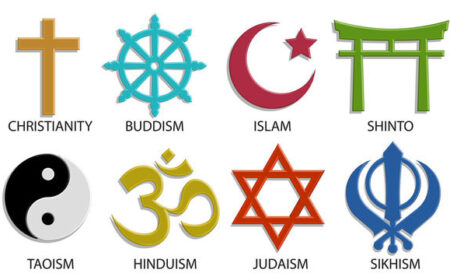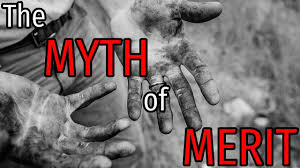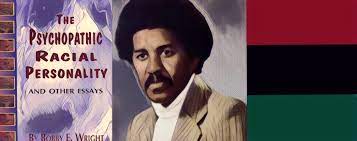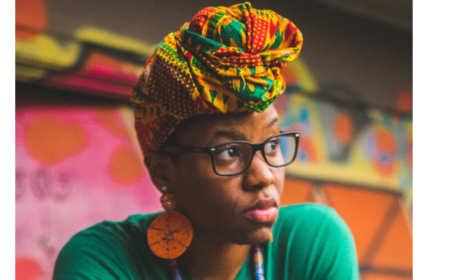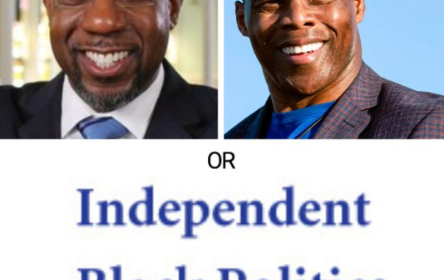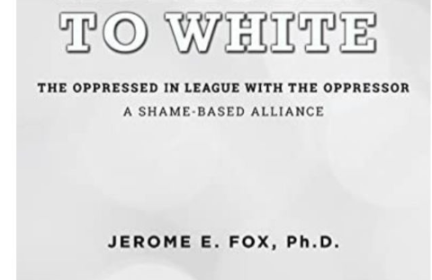“Proof of Consciousness” (P.O.C) the Host of REVIVE!!! 5/31/2017
Today’s REVIVE show topic is entitled:
“BLOG WITH REVIVE”
#Create #Share #Connect #Culture


I need you all to be apart of the conversation!
#Revive
#POC
It would be amazing to hear your perspective. So please call in we want to hear what you guys out there have to say always. Once again this show is for the people. We here at REVIVE thrive off of communication. So call us at (215)490-9832. This episode of REVIVE will be an open forum so all perspectives can be heard through great conversation.
This episode on REVIVE is entitled “BLOG WITH REVIVE” we will be discussing the evolution of blogs, how to brand blogs, and ways to generate income from your blog. We also will discuss the influence that words and pictures have on our communities. Be a part of the conversation as we converse with many different leaders, highlighting their reasons for pursuing this career, the importance of representation, and the adversity that is faced at times in the field.
GUEST:
Lisa Tejada: Lisa Tejada is the founder of The Wonder of Ivy blog and podcast. Her blog and podcast is about her life and experiences, and she also covers different topics like personal relationships and professionalism. Lisa has a passion for creating and sharing stories.
Shao Linda: Shao Linda has a passion for expression and creativity. She thrives on debating hot topics, consisting of everything from race relations to the state of hip-hop and the direction of the world itself. Her blog allows her to speak on subjects that she is passionate about without necessarily needing a physical person to listen.
Ms.HurdeItAll: Ms.HurdeItAll is a media correspondent, blogger and the founder of iHurdeTV.
Shavahn Dedrick: Shavahn Dedrick started this online journey entitled The Girlfriend Lounge. Aiming to be a motivational source for women, when life is getting rough or when it’s good. The Girlfriend Lounge will give you knowledge, from past experiences, and learned life lessons. Shavahn uses an unbiased point of view to motivate, and encourage her readers and followers.
YOU CAN CATCH REVIVE EVERY SUNDAY 11 AM-1 PM & EVERY WEDNESDAY 8 PM-10 PM!!!
It would be amazing to hear your perspective. So please call in we want to hear what you guys the listening audience out there have to say always. Once again this show is for the people. We here at REVIVE thrive off of communication. So call us at (215)490-9832 & follow on Twitter and Facebook @REVIVE_POC !
WE NEED YOU ALL TO BE APART OF THE CONVERSATION!!


Podcast: Play in new window | Download (Duration: 2:21:21 — 64.9MB) | Embed

